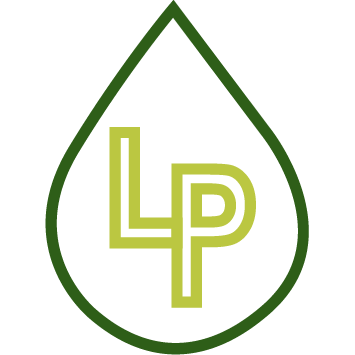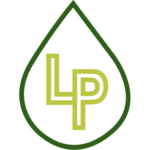Water leaks can be a silent household disaster, costing you money and wasting precious resources. Identifying and addressing leaks is crucial for both your wallet and the environment. Let’s explore some of the common culprits and how to detect them.
1. Toilets: Leaky toilets are a notorious source of water wastage. Even a small trickle can lead to a significant increase in your water bill. To check if your toilet is leaking, perform the paper test:
- Place a piece of toilet paper at the back of the toilet bowl.
- Ensure the back of the toilet pan is dry (wait at least 30 minutes after the last flush).
- Leave it in place for a few minutes, making sure no one uses the toilet during this time.
- If the paper becomes wet or torn, it’s a sign of a leak.
Addressing toilet leaks promptly can save you hundreds of dollars annually.
2. Taps: Dripping taps may seem insignificant, but they can waste a surprising amount of water. A tap that drips at a rate of one drop per second can waste up to 20,000 liters of water per year, leading to higher water bills. Usually, a worn washer is the cause of dripping taps, and you might be able to replace it yourself, saving money in the process.
3. Irrigation Systems: Unexplained wet patches in your garden could be a sign of a fault or leak in your irrigation system. Regularly inspect your garden for wet areas and signs of water pooling where it shouldn’t be. Fixing irrigation leaks not only conserves water but also ensures your garden receives the right amount of hydration.
4. Evaporative Coolers: If you have an evaporative cooling system on your rooftop, it’s essential to monitor it for leaks. A small amount of water dripping from the system while it’s in use is normal. However, if you notice water running down the roof even when the system is turned off, or if you see wet patches on internal ceilings or walls, you likely have a leak. Addressing this issue promptly can prevent water damage to your home and save water.
5. Hot Water Units: Leaking hot water systems can go unnoticed for extended periods, as they are typically located in areas with limited foot traffic. The Pressure Temperature Relief Valve (PTRV) is a common culprit for hot water leaks. Simply check the area around your hot water unit to see if there is water running out of the pipe. Fixing hot water leaks can prevent water wastage and extend the life of your hot water system.
6. Faulty Automatic Top-Ups: For those with water tanks or swimming pools, automatic top-up systems can malfunction and cause overflow without your knowledge. Regularly inspect and test these systems to ensure they are functioning correctly. Preventing overflow not only conserves water but also safeguards your property from potential water damage.
In conclusion, detecting and addressing water leaks is essential for conserving water, reducing water bills, and preventing property damage. Regular inspections and quick fixes can go a long way in preserving this precious resource and your hard-earned money. Remember, a vigilant eye and proactive maintenance are your best allies in the battle against leaks.

